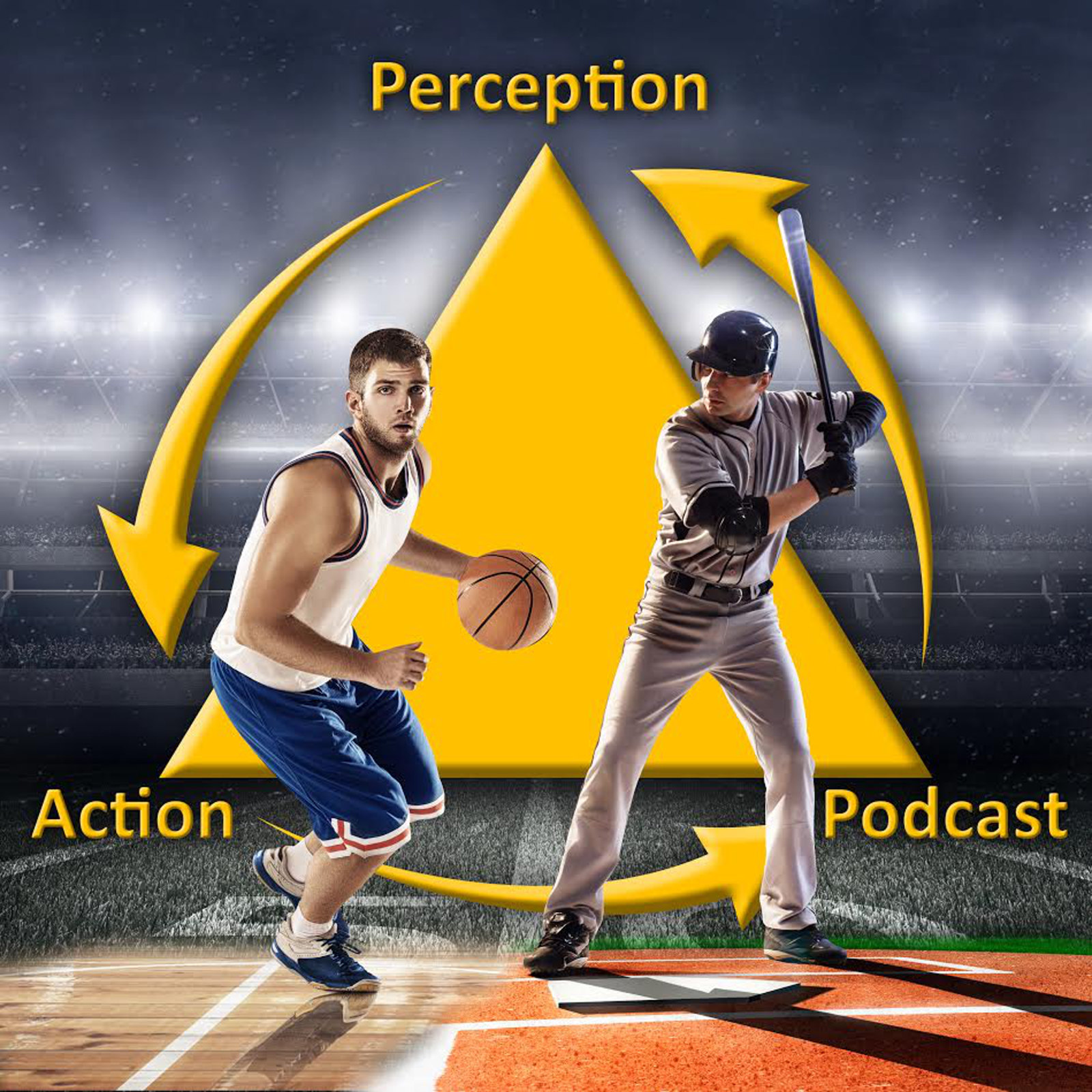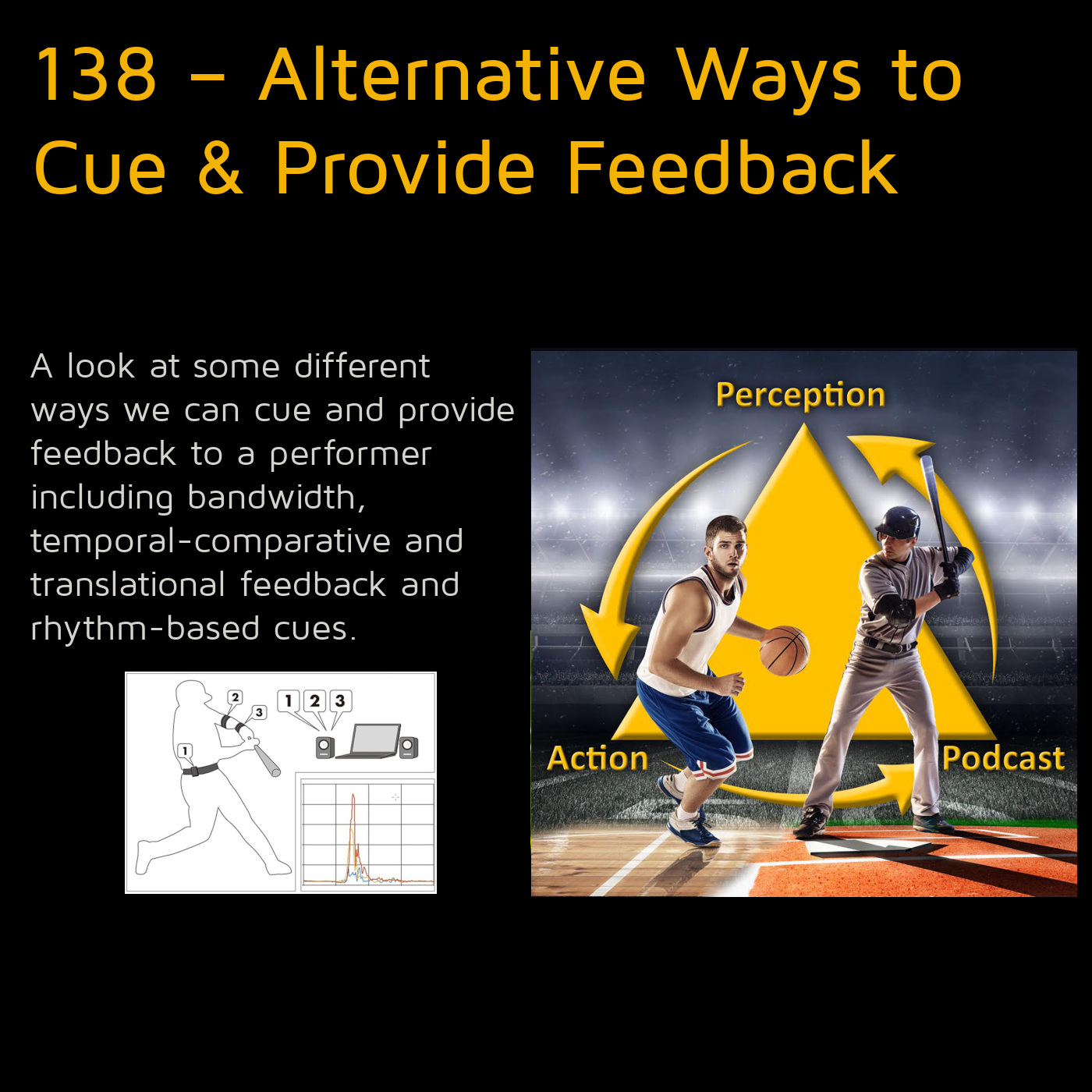140 – An Ecological Approach to Visual Anticipation in Sports
140Is the common finding that expert athletes are better at using advance cues to anticipate their opponent’s actions evidence that they are using a predictive, internal model for action control? Or can this be reconciled with the ecological approach?Download link Articles:Special Issue of IJSP: Ventral and dorsal contribution to visual anticipation in fast ball sports…
Read More

